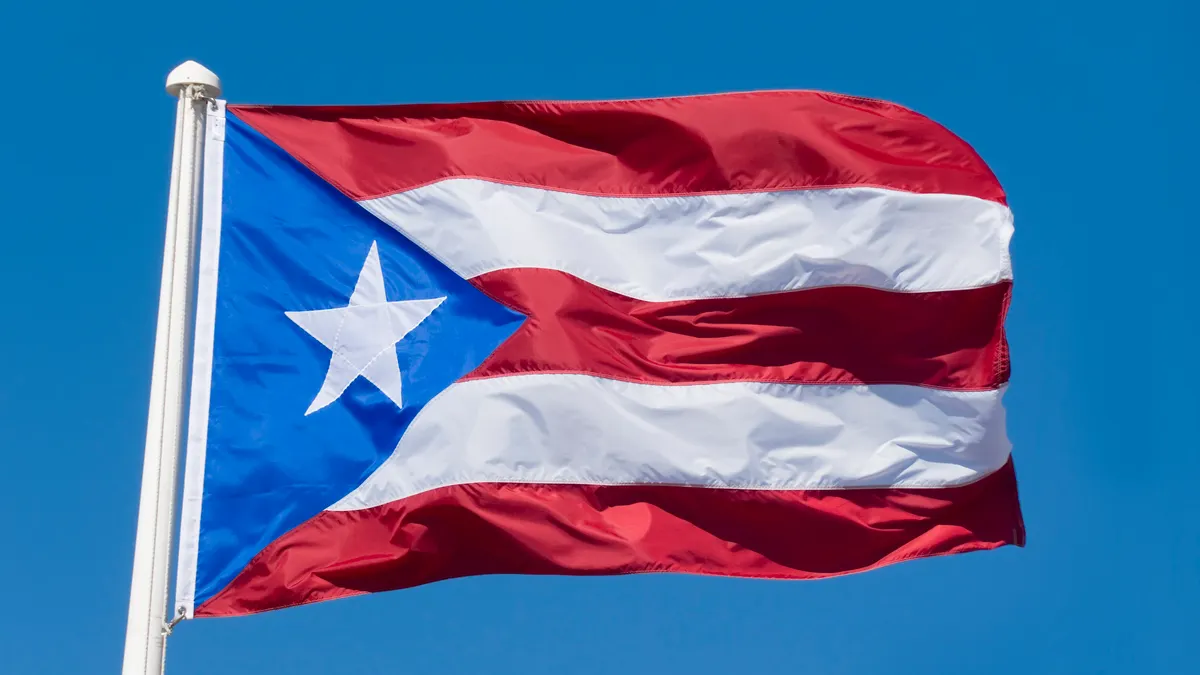As Merck & Co.’s blockbuster checkpoint inhibitor Keytruda approaches 10 years on the market, the pharma giant is on a quest to lead the next wave of immunotherapy with a Moderna-partnered cancer vaccine.

The development of the vaccine, called mRNA-4157, hit a milestone at this year’s American Society of Clinical Oncologists meeting, with results from a mid-stage trial showing improved survival for three years in patients with melanoma when given with Keytruda.
Success in melanoma could pave the way for broader use of the vaccine in multiple tumor types like its Keytruda predecessor, which now holds 39 indications in 17 tumor types, said Dr. Scot Ebbinghaus, vice president of clinical research at Merck.
“What’s nice about the three-year follow-up is that [the vaccine] showed a very persistent benefit in relapse-free survival and in the distant metastasis-free survival outcome,” Ebbinghaus said. “It underscores the promise this therapy has for melanoma, and we use melanoma as a kind of bellwether and proof of concept to expand to other tumor types.”
When combined, the two drugs work in different ways to spur a patient’s immune system into action against cancer cells. As a checkpoint inhibitor, Keytruda takes the brakes off T cells so they can attack a tumor without being held back by the disease’s defenses. The vaccine, which can also be called an individualized neoantigen therapy, tells T cells to go to the tumor. Together, these approaches trigger a more robust immune response.
“We have drugs that have a lot of promise to help a lot of patients — I don’t know if we can truly hope for just one drug to be quite as broad as Keytruda, but a combination of drugs can help as many patients."

Dr. Scot Ebbinghaus
Vicce president, clinical research, Merck
The cancer vaccine is designed to precisely match a patient’s tumor antigens using a computer algorithm that determines the cancer’s genome sequence to predict what antigens stand apart from the surrounding healthy cells.
Work on the vaccine also comes with the expertise from COVID-19 shot innovator Moderna, which Merck has partnered with since 2016. Although the cancer vaccine is not a preventative measure, its therapeutic approach is very similar to the way the COVID inoculation prompts a response against the virus. It also has only mild side effects, especially for an oncology treatment, Ebbinghaus said.
Lessons from Keytruda
As an ongoing late-stage trial of the vaccine-Keytruda combination is underway, Ebbinghaus looks back on Merck’s long history in immuno-oncology — even back to the days when researchers weren’t sure the approach would be effective.
“There were always hints of immunotherapy working in tumor types like melanoma and kidney cancer or some types of leukemia in the ’80s and ’90s, but we were all pretty skeptical about whether it would work broadly until Keytruda came along,” Ebbinghaus said.
That early skepticism and resulting success gave Ebbinghaus and his team at Merck a lesson in persistence, he said. Cancer vaccines have also been decades in the making and only recently have begun to show the clinical effectiveness scientists had hoped to see.
Now those hopes are high.
“We hope to bring the [cancer vaccine] and Keytruda combination into the earlier disease space,” Ebbinghaus said. “That might be where immunotherapy works best and where we can really think about using the C-word: cure.”
And as Keytruda, which was the bestselling drug in the world in 2023, approaches its first patent cliff toward the end of the decade, the next wave of immunotherapy could make a difference for both Merck and cancer patients. With more than 20 oncology candidates in late-stage clinical development, Merck is banking on diversification this time rather than a single workhorse like Keytruda, Ebbinghaus said.
“We have drugs that have a lot of promise to help a lot of patients — I don’t know if we can truly hope for just one drug to be quite as broad as Keytruda, but a combination of drugs can help as many patients,” Ebbinghaus said.
Going off-the-shelf
Merck and Moderna aren’t the only players betting on personalized cancer vaccines. Moderna’s mRNA rival BioNTech (which partnered with Pfizer to deliver the first U.S.-approved COVID vaccine) is conducting a mid-stage trial in difficult-to-treat pancreatic cancer.
Gritstone Bio is also taking the neoantigen approach, using patients’ own tumor genomes to create highly personalized treatments, also in phase 2.
As these companies and other drugmakers pursue the individualized treatment approach, others have their eye on an off-the-shelf model that can be shared among patients and therefore produced more quickly and at lower cost. IO Biotech, for example, has a candidate in a late-stage study for patients with melanoma, also in combination with Merck’s Keytruda.
Cancer immunotherapy pioneer and IO Biotech co-founder Dr. Inge Marie Svane said there is likely room for both approaches as cancer vaccines become commercially available.
“There are pros and cons to each approach — vaccines targeting specific tumor antigens can be very effective, but a patient needs to wait for it, and it’s not always possible for every patient,” Svane said. “And an off-the-shelf vaccine can be used among different cancer types, but this isn’t an either-or situation — they can work together.”
The reason cancer vaccine technology has taken off in recent years after decades of trying is because researchers’ understanding of the immune system has advanced exponentially, Svane said.
“It was really naive to believe that you could just inject a protein and start an immune response to make T cells right away,” Svane said. “But now that understanding has really increased over the last decade, vaccines are really a good strategy, especially alongside checkpoint inhibitors that provide the backbone.”





















